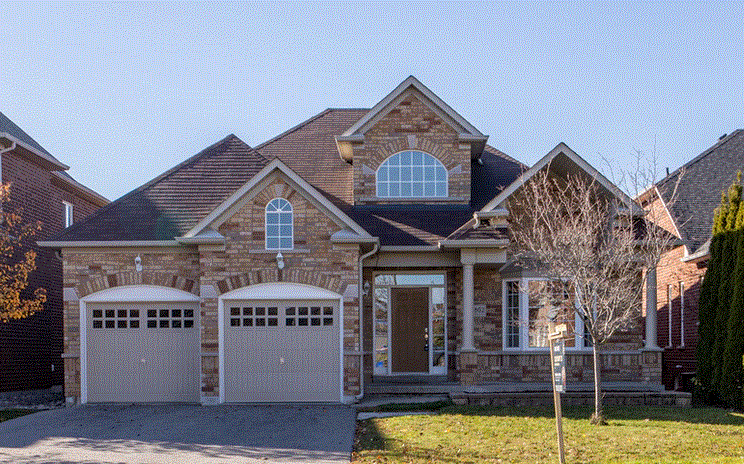PHILADELPHIA - Before buying a rent-to-own home, know your options. The disadvantages of renting-to-own homes are often not obvious. They may include restrictions and options fees. Before you purchase your rental property, make sure you can afford the down payment. A real estate agent is an excellent resource for guidance about housing options and mortgage lenders.
Disadvantages
If you're considering renting to own homes, there are some drawbacks. One of these is that the price of a rent-to-own home can fluctuate drastically, which may be positive in a reliable housing market but negative if the housing market is unstable. Moreover, you may lose your deposit if you don't buy the home. This can make the process difficult or even impossible. Fortunately, some rent-to-own homes have rent-to-own credits that offset the costs.
Another disadvantage of renting to own homes is that you may not be able to qualify for a mortgage when your lease expires. This could be because you've had bankruptcy or repossessions or your credit score is low. In such cases, a rent-to-own lease can give you time to improve your credit score and qualify for a mortgage.
Limitations
Rent-to-own homes are a great way to get your foot on the property ladder. They are a great option for those with bad credit or simply wanting a taste of homeownership. You can try out a property before you buy it and even lock in a rate to make it easier to pay off later. However, the downside to renting to own is that the price can be higher than comparable rented property.
Another major downside to renting to-own homes is that they are not ideal for those looking to control their spending habits. For one, most rent-to-own homes require you to pay an option fee, which acts like a security deposit. This fee can be a substantial portion of the total purchase price and is non-refundable.
Option fee
When purchasing rent-to-own homes, tenants may have to pay an upfront option fee, usually 1% to 5% of the purchase price. This fee will not be refundable but is applied to the home's purchase price. The option fee can be used to buy equity in the home at a later date.
The option fee can vary depending on the lease. It usually ranges from one to five percent of the total purchase price. This money can be used to buy the home at the end of the lease or applied toward the down payment. Negotiate the option fee and other terms of the contract to get the best deal for yourself.
Requirements
There are several important requirements to meet before renting to own a home. For starters, you should have excellent credit and be able to pay off the property in full at the end of the lease term. If you don't have good credit, you should be careful because you may find yourself in a situation where you can't qualify for a loan at the end of the lease. This may lead to foreclosure, repossession, or bankruptcy. Another requirement is to secure a mortgage before the lease ends.
Before you can apply for a rent-to-own home loan, you must be able to qualify for a mortgage. This will usually involve a credit check and proof of employment and income. You can start by visiting your banker or another lender.
Cost
If you're considering renting to own a home, you need to understand how the process works. This type of mortgage allows you to build equity in the property, which can be extremely beneficial to those without a down payment or a high credit score. However, rent-to-own contracts differ considerably, so it's important to do your due diligence before signing on the dotted line. You'll need to research the home, the seller, and the contract and determine if the home is a good fit for you.
While renting to own homes can help you build equity in the home, there are several disadvantages to renting to own homes. First, you have no idea how the housing market will perform in the future. The value of a home can go up or down, and you may end up paying more than the home is worth. In addition, the bank may not approve your loan if the appraisal comes out below market value.




